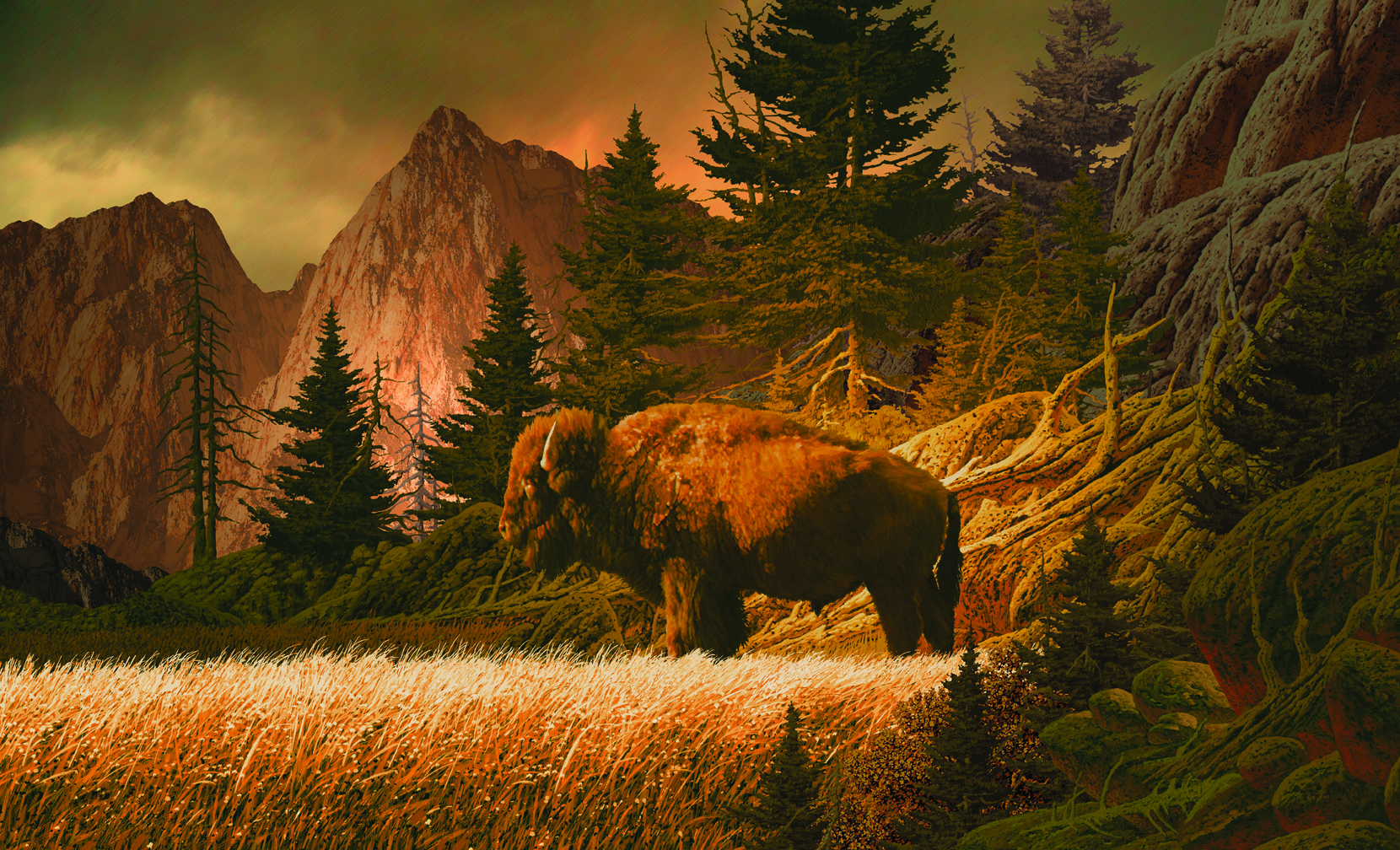Economists devote page upon page of their textbooks to discussions of “public goods,” arguing that markets won’t supply them. Public goods are those for which consumption is “non-rivalrous.” Jargon aside, this simply means that a public good is one that can be consumed or enjoyed by one person without diminishing the potential consumption or enjoyment by another.
Environmental examples abound. Clean air is an obvious one. Once produced for one person, it is available to all at no cost. Views of mountains is another. The enjoyment you get from knowing that wolves now roam in Yellowstone does not preclude others from the same enjoyment. Environmentalists and economists refer to this public good as an “existence value,” and everyone can enjoy that existence at the same time.
The non-rival nature of public goods leads people to conclude that such goods will be underproduced in the marketplace because the producer will have a hard time capturing the value enjoyed by all. In other words, consumers of public goods are free riders. If I contribute my land to a land trust that preserves open space, I bear the cost and many others enjoy the benefits. If you contribute to saving an endangered species, you bear the cost and many others reap benefits from knowing that the species has been saved.
The implication from this way of thinking is that markets fail, thus leading to a rationale for government intervention. Hence the Endangered Species Act, the Wilderness Act, the Clean Air Act, the Clean Water Act, and on and on, are justified on the grounds that markets will not produce enough species, wilderness, or clean air and water.
But just how bad is the market at producing environmental public goods? PERC senior fellow David Haddock enlightened me on this issue. Visiting Bozeman, Montana, he noted that Ted Turner’s Flying D ranch, with its 114,000 acres of open space and herds of bison, provides private enjoyment and income for Turner. At the same time, his investment pays public dividends to others who, like David, enjoy the open space, bison, and sheer beauty while driving through the ranch on a public road.
Did Turner need to have a toll booth to induce him to make this investment? No. Apparently he anticipated capturing sufficient private value to induce him to invest in the Flying D and millions of other acres around the world that also provide public benefits.
When it comes to providing environmental amenities, it is not just rich people such as Turner who produce public goods. Montana farmers and ranchers, big and small, are private stewards of their land—supplying some of the best wildlife habitat, wetlands, and open space that we call “Big Sky Country.”
Montana’s Constitution guarantees its citizens a right to “a clean and healthful environment.” From this, many conclude that governmental regulations are the cornerstone to this guarantee. Doing so fails to recognize the important role of private property rights in providing public goods. Private property rights create wildlife habitat, open space, wetlands, and clean water assets husbanded by landowners and enjoyed by the public at large.
Private landowners produce a multitude of environmental public goods because their private benefits, like Turner’s, are sufficient to motivate them. In some cases, they do so because such provision adds to their profits, as is the case with access fees for hunting and fishing. In other cases, they do so because they have a “land ethic,” which Aldo Leopold (the father of wilderness preservation) considered fundamental to conservation.
Whether it is profits or ethics or both, we cannot lose sight of the importance of private property to the provision of environmental quality. Respecting and supporting private property rights will add to the stream of public goods we all enjoy. Eroding them will reduce the private landowner’s reward and, therefore, his or her incentive to produce public environmental goods.
In his “On Target” column, PERC’s executive director Terry L. Anderson confronts issues surrounding free market environmentalism. Anderson can be reached at perc@perc.org.




